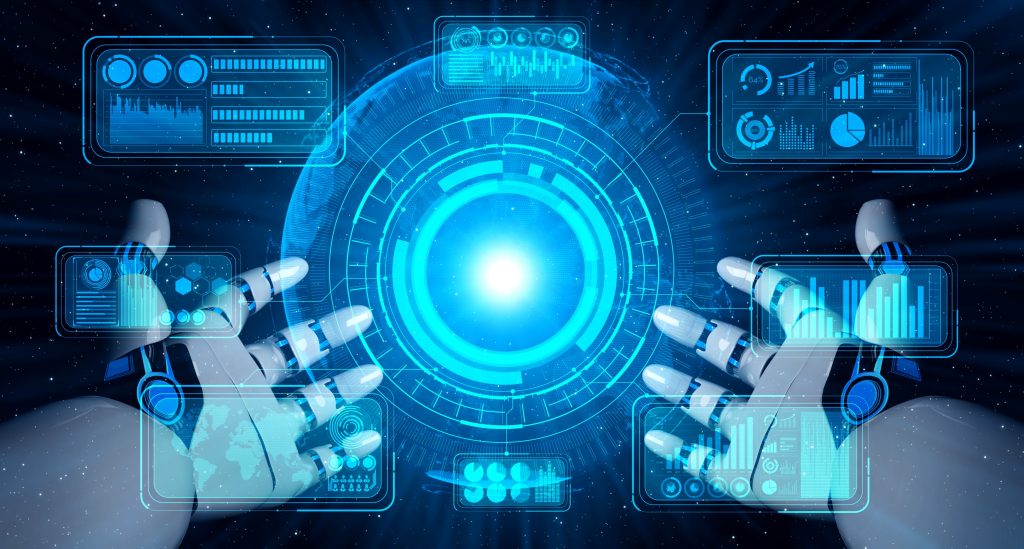When it comes to Artificial Intelligence (AI), the public often thinks of impressive technologies such as self-driving cars, chatbots, robots or giant data analysis systems. However, a less mentioned field that is witnessing a strong breakthrough is data centers - where AI is not only a support tool, but is gradually becoming the "operating brain".

From energy optimization to maintenance automation
In advanced Data Centers, AI and machine learning (ML) are being applied to optimize power consumption, improve cooling system efficiency, automate routine maintenance, and distribute workloads more intelligently.
In the field of energy management, AI systems help optimize cooling operations, thereby reducing electricity costs and minimizing dependence on human resources. Prominent names such as Schneider Electric, Siemens, Vertiv and Eaton are leading the development of these solutions.
Device management is another important area where AI can monitor the health of servers, storage devices, and networks. Platforms like OpsRamp, Datadog, Virtana, or ScienceLogic provide predictive failure capabilities, helping businesses proactively maintain and reduce downtime.
In terms of workload management, AI systems are becoming increasingly sophisticated in automatically distributing workloads to where they can achieve optimal performance, not only within the data center but also extending to hybrid cloud environments. Companies such as Redwood, Tidal Automation, Ignio, and giants such as Cisco, IBM, and VMware are competing to develop this technology.
In the field of cybersecurity, AI can learn and analyze normal network traffic behavior to detect anomalies, thereby providing warnings and supporting post-incident analysis. Security solution providers using AI include VectraAI, Darktrace, ExtraHop and Cisco.
The Data Center of the Future: Automated, Secure and Intelligent

All of these advances are shaping the Automated Data Center model – where operations are controlled through AI, requiring little human intervention but still ensuring high efficiency and good resilience.
“AI automation can extract data at a scale far beyond what humans can do, optimizing energy usage, distributing workloads, and improving operational efficiency,” said Said Tabet, chief engineer at Dell Technologies.
However, just as self-driving cars cannot completely replace humans, fully autonomous Data Centers are still a future goal. Technical, operational and human resource barriers still exist. However, with practical benefits, many businesses have started planning for the transition.
Practical solutions from experts
Data Centers are estimated to consume 3% of the world's total electricity and emit 2% of greenhouse gases, so improving energy efficiency is an urgent issue.
AI systems can help detect cooling anomalies, such as high-density racks that restrict airflow or inefficient HVAC equipment, says Daniel Bizo of 451 Research. AI can “understand” the Data Center by analyzing data from HVAC systems and environmental sensors.
According to Greg Schulz, founder of StorageIO, AI should not only focus on energy saving, but also on productivity management, which means “getting more done with the same amount of energy” – a smarter and more efficient approach.
AI can also assist in space and capacity planning, ensuring that Data Centers are ready to scale during times of demand spikes. Intelligent systems can automatically shift workloads to more stable servers if they detect that equipment is showing signs of overload or is about to fail.
AI-driven future ???
The potential of AI in improving efficiency, scalability and optimizing Data Center operations can be divided into four main areas: Energy Management – Equipment Management, Workload Distribution – Network Security. Although it cannot completely replace humans, AI is becoming a powerful assistant to help businesses operate Data Centers more efficiently, more sustainably and more intelligently.
